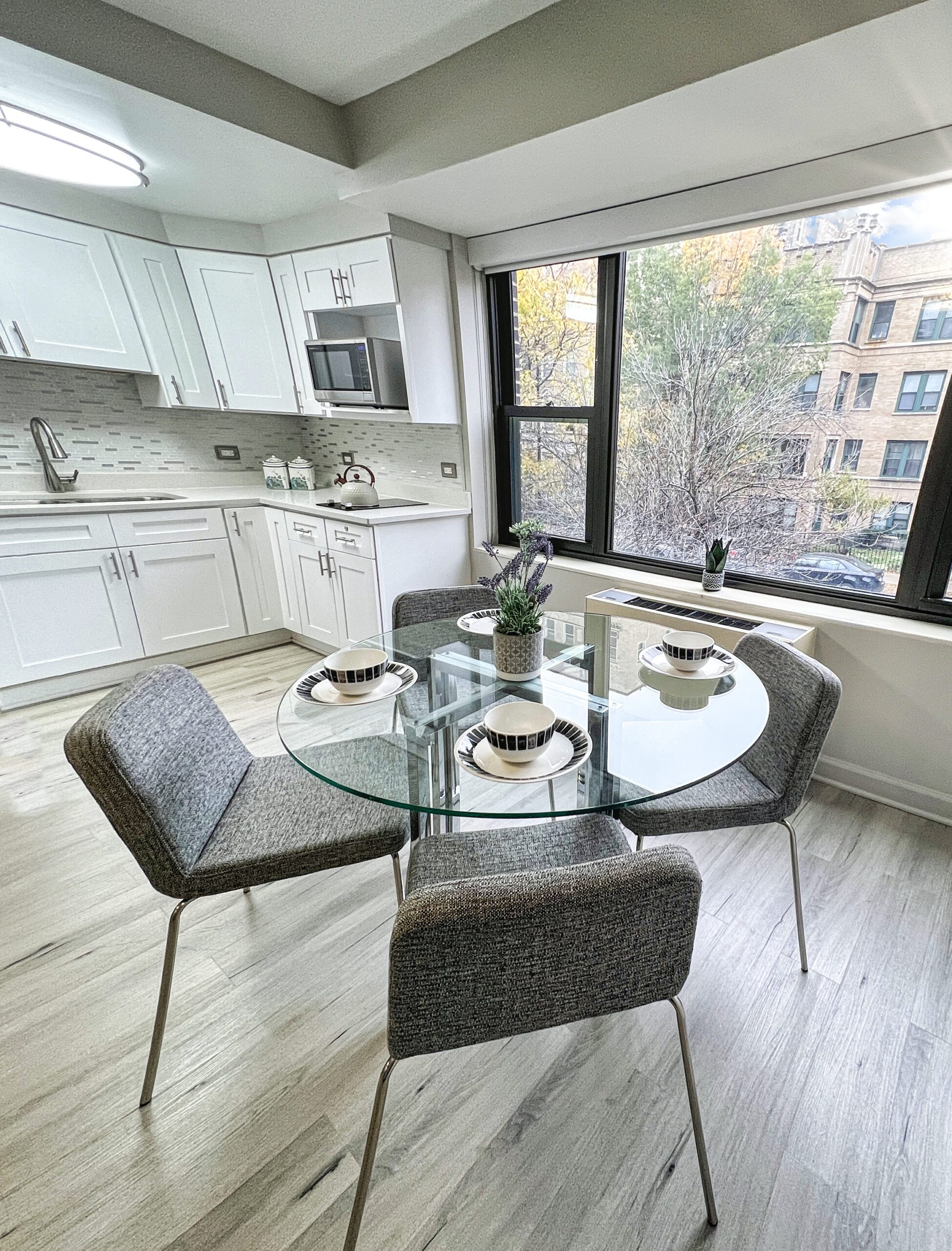Facing the reality of transitioning your parents to assisted living is undoubtedly a challenging and emotional task. The conversation about moving to assisted living is often laden with complex feelings, concerns, and resistance. However, approaching this discussion with empathy, understanding, and careful planning can make the process smoother for both you and your parents. In this article, we will explore effective strategies and tips on how to initiate and navigate the conversation about moving your parents to assisted living.
Understanding the Need
Before broaching the subject, it’s crucial to understand the signs that indicate assisted living may be a necessary and beneficial option for your parents. Consider their health, safety, and overall well-being. Are they struggling with daily activities, facing mobility challenges, or experiencing cognitive decline? Assessing their needs objectively will help you articulate the necessity of assisted living with clarity and concern.
Choosing the Right Time and Setting
Timing is crucial when discussing a sensitive topic like assisted living. Choose a time when everyone is calm, and distractions are minimized. Avoid initiating the conversation during stressful periods, such as after a medical emergency or during a family event. Find a quiet and comfortable setting where everyone can express their thoughts without feeling rushed.
Approaching with Empathy
When starting the conversation, approach your parents with empathy and understanding. Acknowledge their feelings and validate any concerns they may have. Use “I” statements to express your feelings and observations rather than sounding accusatory. For example, say, “I’ve noticed that you’ve been having difficulty with certain daily activities, and I’m concerned about your safety,” Don’t say… “You’re becoming a burden, and we need to move you to assisted living.”
Researching and Presenting Options
Before discussing the move, research different assisted living facilities in your area. Be prepared to present options based on your parents’ needs and preferences and cultural backgrounds. Highlight the positive aspects, such as social activities, healthcare services, and a supportive community. Share success stories of individuals who have thrived in assisted living environments, emphasizing the enhanced quality of life and security they experienced.
Focusing on Independence and Quality of Life
Emphasize that assisted living is not about taking away independence but rather enhancing it. Frame the move as a way for your parents to maintain their autonomy while receiving the necessary support to lead a fulfilling and safe life. Discuss the potential for them to engage in activities they enjoy without the burden of household chores and maintenance, contributing to an improved overall quality of life.
Involving Them in Decision-Making
Empower your parents by involving them in the decision-making process. Ask for their input and preferences regarding assisted living options. This collaborative approach helps them feel more in control and less like a decision is being imposed on them. Explore their priorities, such as proximity to family, available amenities, and the overall atmosphere of the facility.
Addressing Concerns and Fears
Expect resistance and address your parents’ concerns openly and honestly. Common fears include loss of independence, unfamiliar surroundings, or the perception of being a burden to their children. Reassure them that assisted living is designed to support their independence and provide a secure environment. Encourage an open dialogue about their fears, and actively listen to their perspective.
Discussing Financial Considerations
The financial aspect of assisted living can be a significant concern. Be transparent about the costs associated with different facilities, and explore financial options, such as long-term care insurance, veterans’ benefits, or other assistance programs. Presenting a clear financial picture can help alleviate anxiety and ensure your parents are informed about the practical aspects of the move.
Seeking Professional Guidance
If the conversation becomes emotionally charged or reaches an impasse, consider involving a professional mediator, counselor, or geriatric care manager. These professionals can offer guidance, facilitate communication, and provide valuable insights to ensure the discussion remains constructive. Their impartial perspective can help navigate familial dynamics and emotions surrounding the decision.
Touring Assisted Living Facilities Together
To demystify the concept of assisted living, consider arranging visits to potential facilities with your parents. Seeing the environment firsthand allows them to visualize the transition and get a sense of the community. Encourage them to ask questions, interact with current residents, and participate in activities offered by the facility. This firsthand experience can alleviate apprehensions and provide a realistic perspective.
Creating a Transition Plan
Once your parents are more open to the idea, work together to create a transition plan. Outline the steps involved, such as downsizing belongings, coordinating the move, and adjusting to the new living arrangement. Having a clear plan in place can ease the anxiety associated with the unknown and provide a roadmap for the practical aspects of the transition.
Supporting Emotional Well-being
Moving to assisted living is a significant life change that can evoke a range of emotions. Be attentive to your parents’ emotional well-being throughout the process. Encourage open communication, and provide emotional support as needed. Recognize that the transition may take time and offer reassurance that their feelings are valid.
Initiating a conversation about assisted living requires sensitivity, empathy, and careful planning. By understanding your parents’ needs, presenting options thoughtfully, and addressing concerns openly, you can foster a collaborative approach to the decision-making process. Remember that the ultimate goal is to ensure your parents’ safety, well-being, and continued quality of life. With patience, communication, and a focus on shared decision-making, you can navigate this challenging conversation successfully.
The Selfhelp Home is Chicago’s leading nonprofit Continuing Care Retirement Community for Jewish seniors offering all the levels of care from independent living, assisting living, skilled nursing and short-term rehabilitation, all under one roof. Learn more about The Selfhelp Home by contacting us or visiting our website www.selfhelphome.org.


